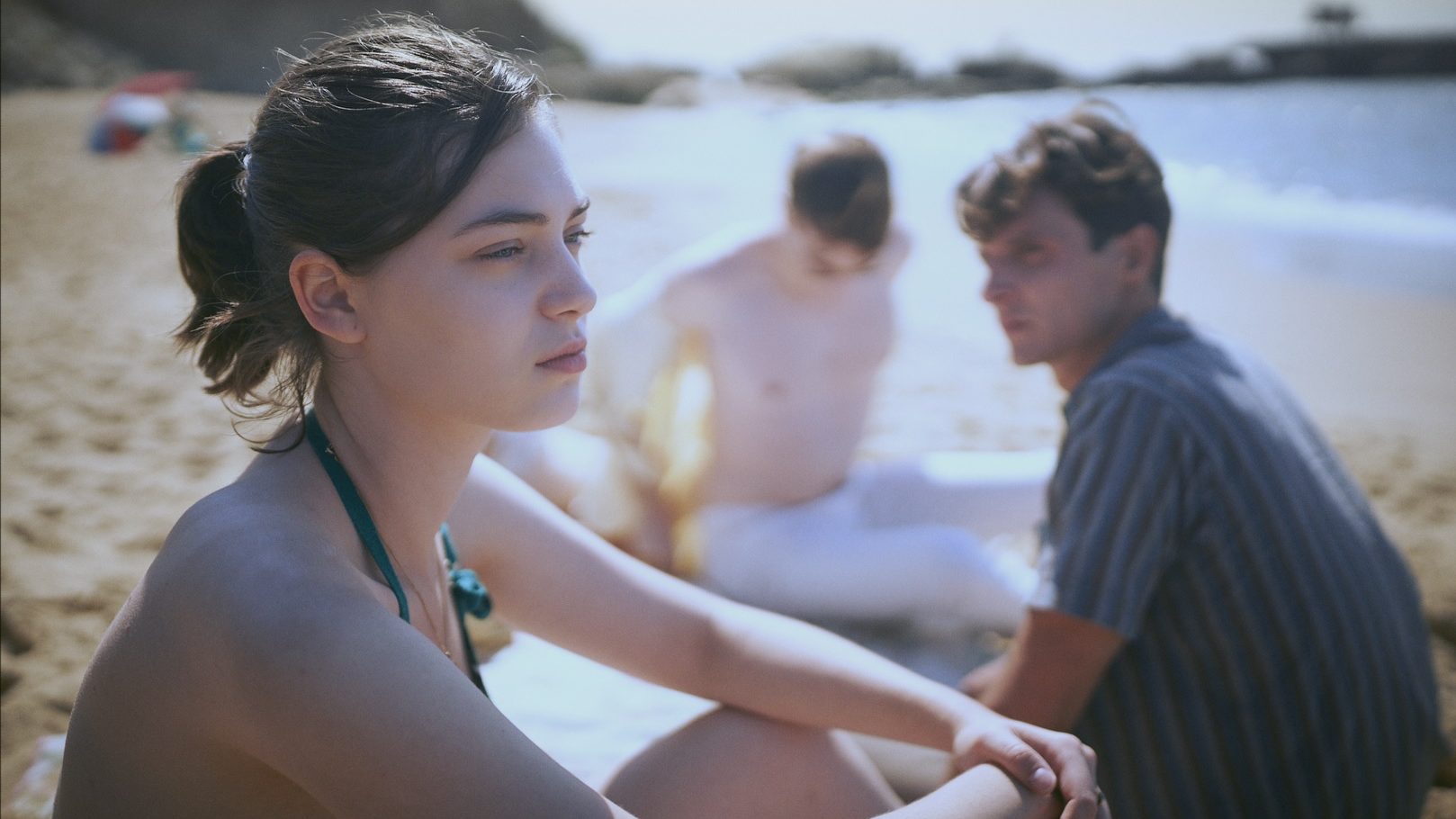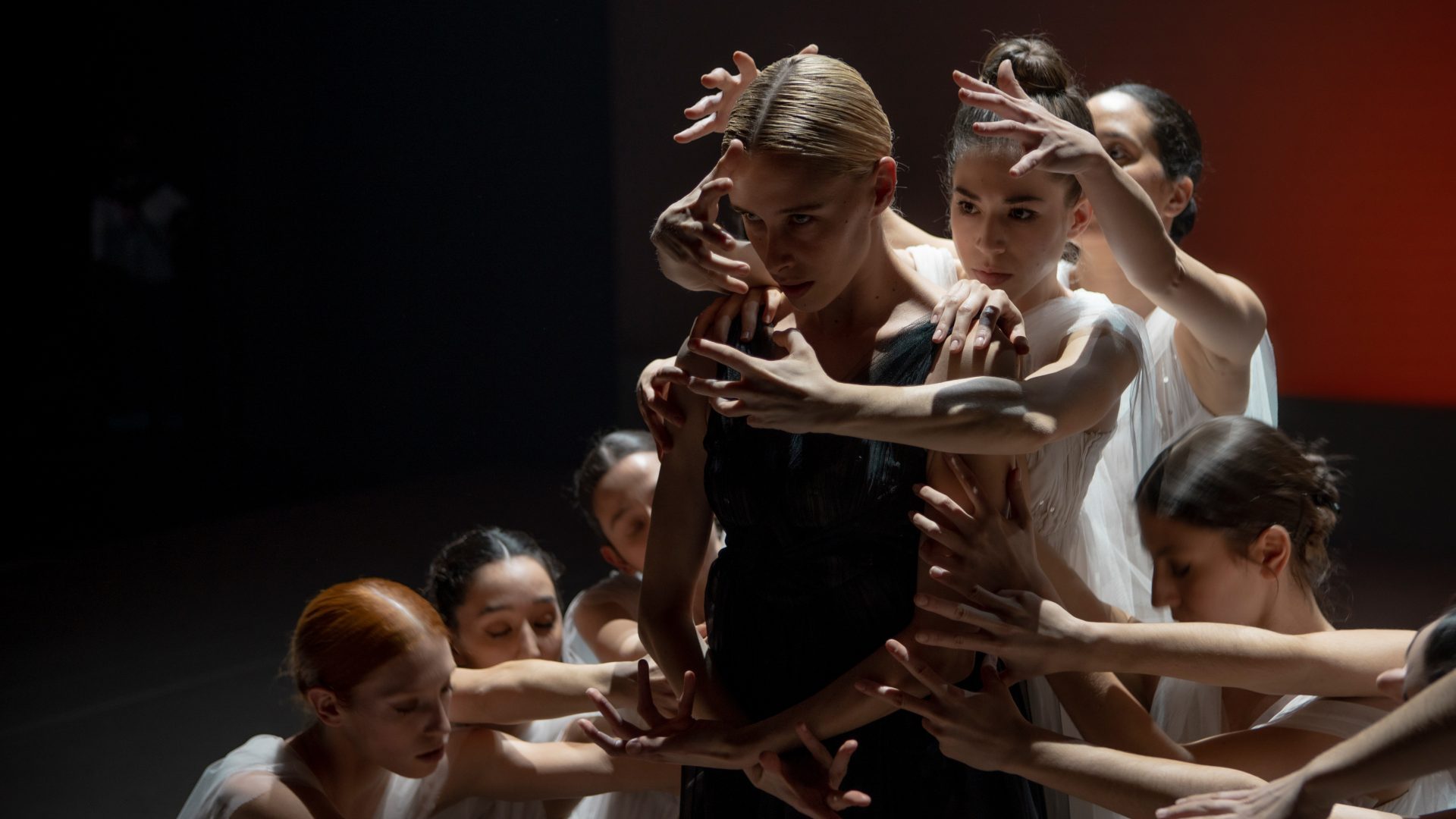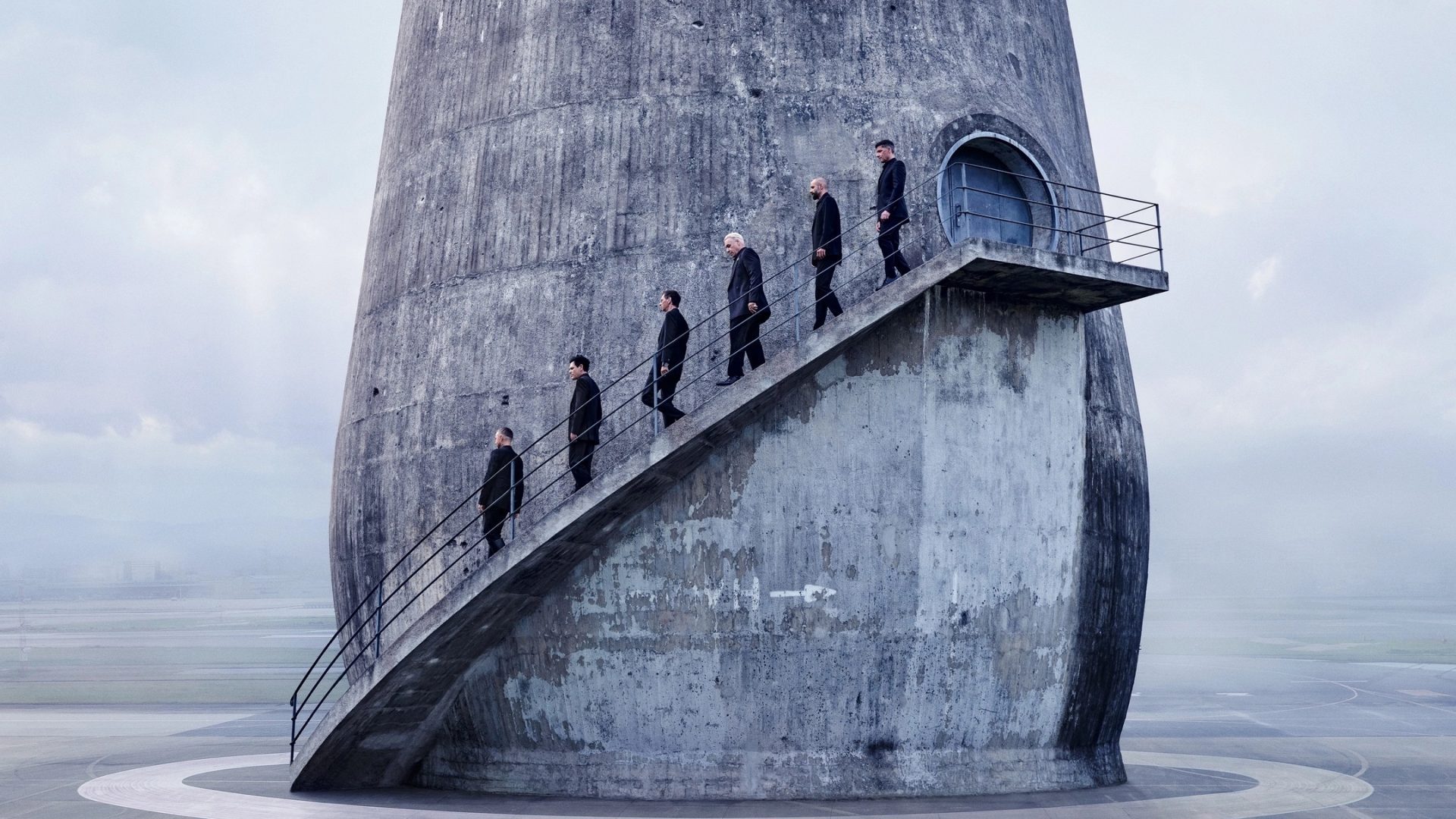For the first time in history, female film-makers hold all the biggest trophies. First, Chloé Zhao won the 2021 Oscar for Nomadland, then Julia Ducournau claimed the Palme d’Or for Titane, Audrey Diwan scooped the Golden Lion at Venice 2021 for Happening before Carla Simon won at this year’s Berlin with Alcarras and then Jane Campion won best director for The Power of the Dog at the 2022 Oscars, only to be beaten to best picture by Sian Heder’s film CODA.
It’s the sound of glass ceilings being well and truly shattered. Can we now stop talking about this issue? “Oh no,” says French director Audrey Diwan, sitting right in front of me. “If you think this is progress, you try being a woman with a movie to make, sitting in front of money men. You try pitching them a film about a young woman who wants an abortion – they’d much rather make another film about the second world war. If you want to make one of those, they don’t tell you oh no, that war is over, we don’t need films about it. The law may be more on the side of abortion now, but it’s certainly not over.”
I’m talking to Diwan (pronounced dee-wanne) just after the Baftas in London, where she was nominated in the best director category alongside
Ducournau and Campion in a refreshingly gender-balanced and eclectic selection of nominations that pitted her and her film-making sisters against Paul Thomas Anderson, Japan’s Ryusuke Hamaguchi and debut British film-maker Aleem Khan.
Film-making isn’t all about nominations and prizes, although in the heat of awards season you could be forgiven for thinking so, and in terms of redressing long years of imbalance and bias, these facts and figures become key markers.
“I love the idea of the long lists being 50-50 in terms of gender parity,” says Diwan, a prominent member of French advocacy group 50/50, which seeks equality and diversity in French film and at French film festivals. “That’s a great innovation at Bafta. And then people can make up their minds, but it’s about putting new questions to people and the type of films they see.”
Looking at the Cannes line-up just announced for this year, the selection of 18 films in competition still only includes three female film-makers. “So you see, every year at the moment they say ‘oh it’s a game-changer’ but it isn’t,” says Diwan. “It’s going to be the case until we don’t have to play games any more. But it is not that time yet.”
Diwan’s film is terrific. Apart from scooping the top prize at Venice, it later also earned its lead actress, 23-year-old Anamaria Vartolomei, the most promising newcomer at the Cesar awards. She plays Anne, a gifted and bright literature student at a new university in 1963 France. To her own horror, she finds out she’s pregnant and the film traces her growing panic at realising how limited her options are.
Out of shame, she feels she can’t talk to her friends or her family. One lying doctor gives her pills to strengthen the baby’s growth; another threatens to
call the police. Abortion is highly illegal as well as morally repugnant to the Catholic France of the era, and young Anne feels her world closing in and her once-promising future being swept away.
Diwan’s camera follows her closely, so every minute feels urgent, every decision scrutinised and revealed in the young actor’s wonderfully expressive face. The film combines the lightness of a love story and the carefree air of a coming-of-age student picture, with the horror story of someone caught up in systems designed to entrap them, imprison them or even kill them.
Although the film hardly needs to underline its point, you can’t leave gender politics out of the discussion around it. Abortion movies have won top European prizes before, notably Mike Leigh’s Venice-winner Vera Drake, from 2004, and the 2007 Cannes winner 4 Month, 3 Weeks, 2 Days by Romanian director Cristian Mungiu.
“And you know,” exhales Diwan with a shake of the head, “when I went to financier people for my film, they always pointed these two films out to me, as reasons not to make the film. And I would laugh in their face – I’d say these are old movies, made by men, and there are many experiences of abortion, many different stories to tell. And in so many places in the world, it is still a huge issue. Why, when there are hundreds of superhero movies, shouldn’t we have another film about abortion?”
It is curious, however, that films about abortion do tend to depict the experience as nightmarish. Abortion was illegal in France until 1975 and Happening (it’s called “L’événement” in French) is set in 1963, so trauma is part of the physical process, as well as anything psychological. It’s certainly the case in the 1960s British kitchen sink tradition of films such as Ken Loach’s adaptation of Up the Junction and Bryan Forbes’ The L-Shaped Room (starring French actor Leslie Caron), and Michael Caine’s infamous Alfie.
Even in the recent indie movie Never Rarely Sometimes Always, made by American director Eliza Hittman, in which a teenager travels from Pennsylvania to New York to have an abortion, the procedure is fraught with danger and peril.
The most memorable scenes in Happening do involve the audience wincing with pain, so identified have they become with Anne’s mental state and predicament, and the search for the ‘backstreet’ abortionist takes on a very shady aspect indeed. And yet France has only just voted to extend the legal time limit from 12 to 14 weeks, hoping it will end the practice for thousands of French women who still travel abroad for terminations.
Diwan admits to having had an abortion herself, shortly after she’d read the novel by Annie Ernaux on which this film is based, in 2001. Audrey, who was a literary critic and book reviewer at the time, does not say if this was a traumatic experience for her but it obviously set her on a path to where she is today.
“Reading the book, I really had the feeling that I was this girl,” she recalls. “I was immersed in some kind of intimate thriller I couldn’t get out of, like it was talking directly to me. And I remember thinking how striking it was this difference between my generation and what had come before, you know – medicalised abortion isn’t easy but at least there is some kind of routine, some order to the procedure. But a woman going through illegal abortion, it can just be so random, such luck if you make it through. There was no process and each journey, each story is different and it all depends on who you meet, what doctor you go to, their mood, their morals, if they turn you in to the police and you must be thinking all the time, am I going to be arrested, or will I die? That’s insane.”
Narrating from the ‘I’ perspective, the book describes how “shame rose in me like a plague”. But film doesn’t have this first-person narrative, so Diwan and her young star worked on creating interior monologues that went unscripted but were conversations that could be deciphered in the moments of silence, as if written on Anamaria’s face, in the furrows of her brow or the panic of her eyes.
“All I know is that she is still not alone,” says Diwan. “There were so many women like Anne in France and there still are all over the world, in countries and states where abortion is not allowed. This is what girls are going through, all these thoughts and all these feelings, right or wrong. That’s what my film conveys, how this is very much a reality of feelings for young women, something we think about all the time.
“That’s why a female voice is so required to tell a story in this way, to get under a character’s skin. Abortion is a big issue, of course, even if the law is on our side at least now. But I never really wanted to do a movie about illegal abortion. What I loved is the character of Anne, her desire, her intellectual dreams, how she wants to switch social classes, improve herself, move into a different part of society and be herself.
“That’s the ideal for her, what she’s been studying for and working so hard for to get to university and, now, being pregnant threatens to destroy all those dreams. I think every woman can still understand those emotions, it’s always a battle for us. It’s why I kept telling Anamaria to play Anne like a soldier on the screen, that she has to be brave and face every scenario and fight until she’s free, until light comes to her again…”
Happening plays out like a tense thriller, with many memorable scenes along the way – dances at the university bar, girl students giggling in their dorms and talking about sex, lecture theatres, days at the beach, growing darker and lonelier until Anne is so isolated on her journey into the back alley of abortion.
Diwan talks about the different movie references she used and inspirations she took, including the Dardenne brothers’ Palme d’Or winner Rosetta and Andrea Arnold’s Essex-set drama Fish Tank. She also mentions the startling Holocaust drama Son of Saul by Hungary’s László Nemes (an Oscar winner) and another Palme d’Or winner, Gus van Sant’s high-school shooting movie
Elephant. “These were the common language my film shared,” she says. “These are not films about abortion as such, are they? But they’re about young people trying to get where they desire, to escape their situations, and
about the worlds and institutions imprisoning them, how the walls close in on them.”
I’d say Happening does have much in common with these fine films but is noteworthy for maintaining some kind of light touch throughout. Even in the darkest moments, you’re on Anne’s side, feeling for her, even if you want to debate with her and lecture her on morality, whatever, you’ll still want to hug her and help her. That’s the humanism of great film making and, perhaps, the particular way feminism and a female perspective works on screen. And so Happening duly takes its berth in the lists of such movies – and in the expanding pantheon of award-winning films directed by women.




